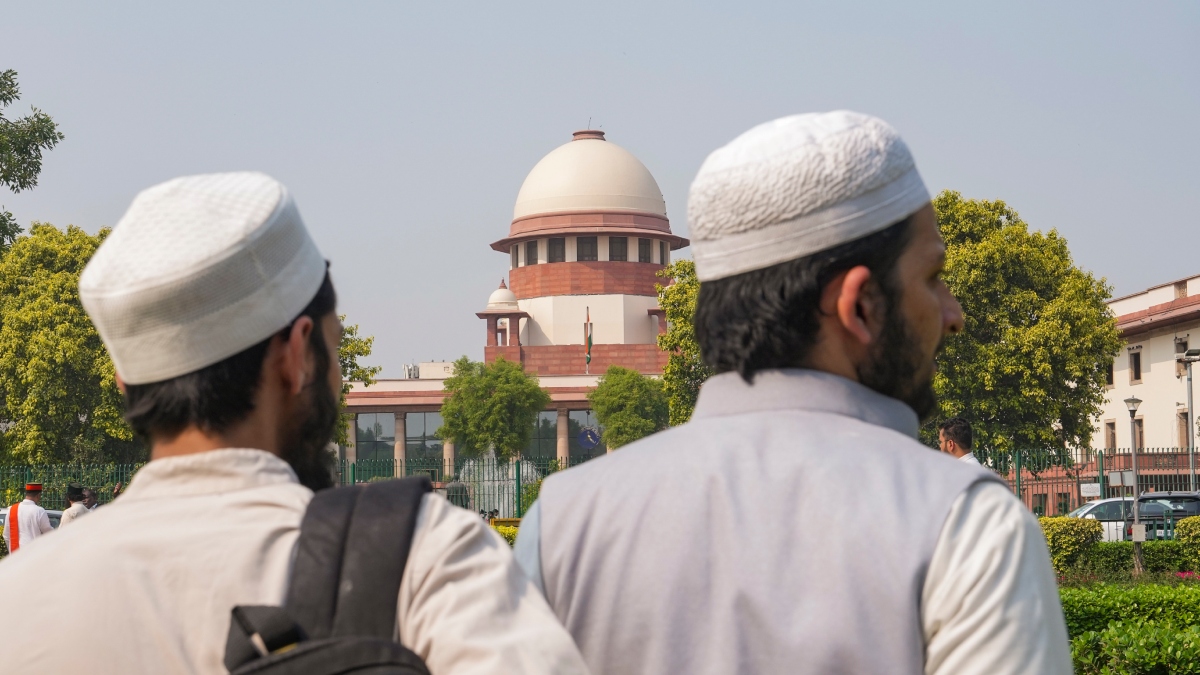Amendments made with ulterior motive in Waqf Act: Kerala board submits strong opposition against new law in SC
 The Supreme Court questioned the Centre about the decision having non-Muslims as majority members in Waqf Council | PTI
The Supreme Court questioned the Centre about the decision having non-Muslims as majority members in Waqf Council | PTI
The Kerala State Waqf Board has submitted a preliminary reply in the Supreme Court opposing the Waqf (Amendment) Act. The reply, filed through Advocate Subhash Chandran, argues that Section 40 of the Waqf Act, 1995—which designates the Board as the primary authority to determine whether an endowment property is Waqf—has been entirely omitted in the amended Act. The Waqf Board termed this omission an “encroachment” on its authority.
“Waqf properties have been protected to a great extent because the Waqf Board has undertaken the complex legal task of verifying whether a property is a Waqf dedicated to God, as defined under Waqf law,” the reply stated. “Several decisions made by the Waqf Boards under Section 40 have been upheld by various High Courts and by this Hon'ble Court as well. Transferring this power to a designated magistrate or district collector would make the process lengthier and more complicated, increasing the risk of Waqf properties being lost.”
Notably, while presenting the Waqf (Amendment) Bill in Parliament, Union Minority Affairs Minister Kiren Rijiju had described Section 40 as “draconian.”
The Board also raised several other objections to the new Act, including a new sub-section inserted in Section 61. According to the amendment, a Mutawalli (Waqf caretaker) may face imprisonment of up to one month and a fine of up to ₹1 lakh for failing to comply with directions from the Board and the district collector. “This effectively compels the Mutawalli to act as per the collector’s instructions. Moreover, failure to upload Waqf details on the Central government portal each year will attract the same punishment. This appears to be an attempt by the Central government to gather detailed data about Waqf assets and income—a level of scrutiny not applied to any other community, thus violating the right to equality,” the Board said.
The reply also emphasized that not all religious communities in India are governed by laws regulating the management of properties dedicated to religious purposes. The Board accused the Union government of adopting a “pick and choose” policy, unfairly targeting certain religions.
Additionally, the state Waqf Board opposed the proposal to include non-Muslims in Waqf Boards and the Central Waqf Council, arguing that it infringes on the fundamental right of a religious denomination to manage its own affairs. The Board also objected to the removal of the concept of ‘Waqf-by-user’ and the new requirement that only individuals who have practised Islam for at least five years may create a Waqf.
It further asserted that the new amendments are entirely unilateral and strip the state Waqf Boards and state governments of their powers. “The amendments are designed to centralize control, with all information about Waqf properties, their revenues, and the management of Mutawallis being vested in the Central Government. The provisions promote regulation, data collection, and interference by non-Muslim individuals in Waqf decision-making—an approach not applied to any other religious community. These amendments, which erode fundamental rights guaranteed by India’s constitutional structure, suggest an ulterior motive,” the Board stated.
The reply was filed following the Supreme Court’s decision to allow state governments and state Waqf Boards to respond, while considering the petitions challenging the Waqf (Amendment) Act, 2025.
India